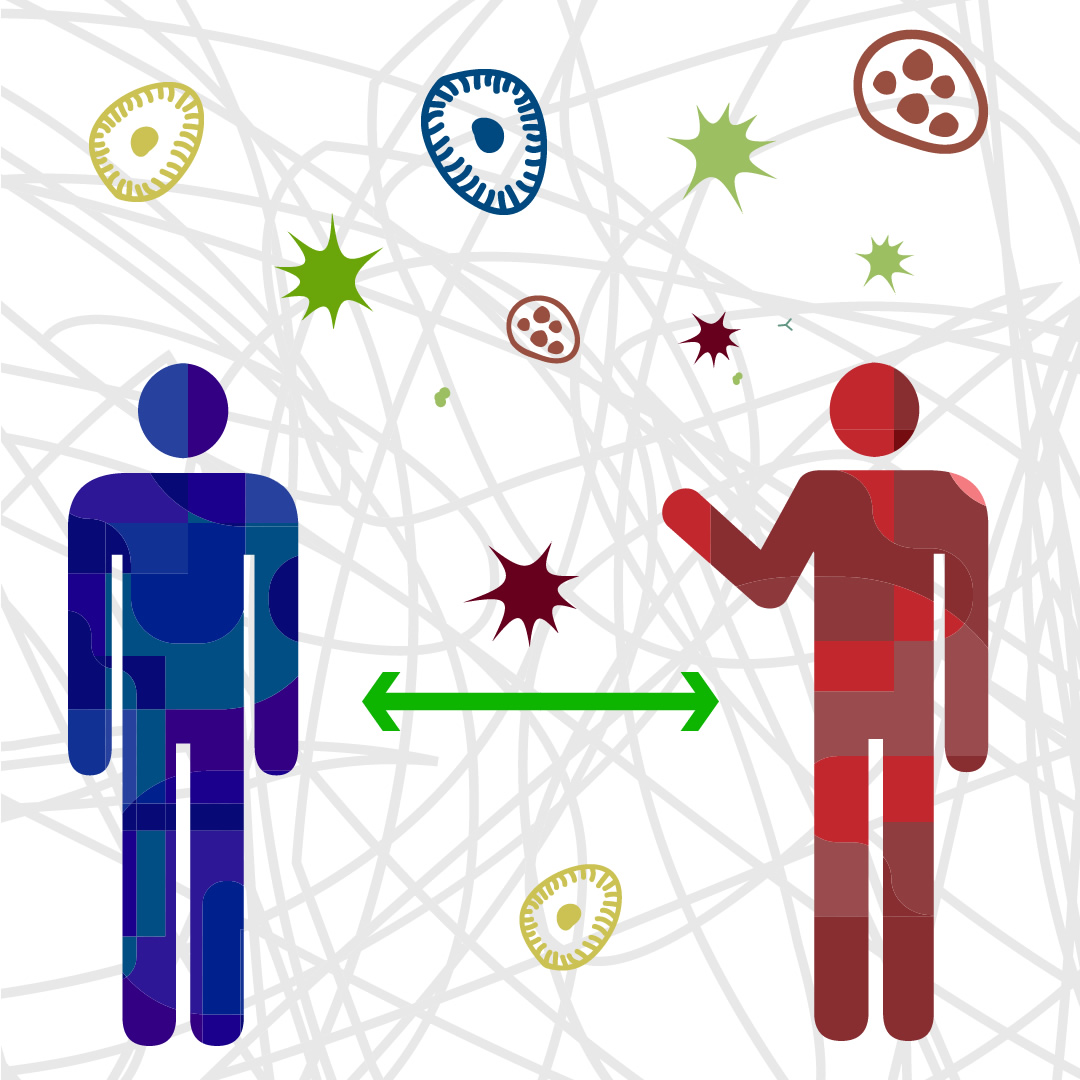If you need medical assistance, call your Canyonlands Healthcare provider first.
Call 1-877-645-9675 or view our location directory to find the clinic near you.
Follow Us on Facebook and read our healthcare news.
Surface Survival of the COVID-19
The COVID-19 coronavirus can survive for up to 72 hours on stainless steel and plastic surfaces, and on cardboard up to 24 hours according to a new study by The New England Journal of Medicine and issued by the National Institute of Health (NIH).
Here’s how to disinfect your phone.
Survival in Air
The study also showed that the virus can survive in small droplets, known as aerosols, for about three hours. These droplets are small enough to remain suspended in the air for half an hour to an hour, depending on air flow.
According to the CDC, the virus can spread from asymptomatic and presymptomatic people interacting in close proximity—for example, speaking, coughing, or sneezing—even if those people are not exhibiting symptoms.
The most common symptoms of coronavirus disease (COVID-19) are fever, tiredness, and dry cough. Many experience a loss of taste and smell. Reported symptoms in children include cold-like symptoms, such as fever, runny nose, and cough. Vomiting and diarrhea have also been reported. People may be sick with the virus for 1 to 14 days before developing symptoms.
If you experience these symptoms, call your health care provider, the Arizona state hotline at 844-542-8201 or the Arizona statewide 2-1-1 COVID-19 hotline.

View these illustrations of how cough and sneeze droplets can travel more than 26 feet in the air.
Coronavirus might spread much farther than 6 feet in the air
A study published in the Journal of the American Medical Association found that under the right conditions, liquid droplets from sneezes, coughs and just exhaling can travel more than 26 feet and linger in the air for minutes.
The CDC now recommends Americans wear cloth face coverings in public settings where it is difficult to stay at least 6 feet apart.
Wash your hands and disinfect high touched surfaces
Read the CDC guidelines for disinfecting your home
- Don’t touch your eyes, nose or mouth — viruses can enter your body that way.
- Wash hands frequently for at least 20 seconds.
- If possible, have only one family member shop for groceries.
- Do not use your phone or talk on your phone while shopping or in close proximity to others.
- Wash hands when you come home, before you eat, after using the restroom, and other times that you are touching surfaces.
- Disinfect highly touched surfaces including keys, phone, doorknobs, light switches, handles, phones and keyboards.
- Disinfect shared desks, tables, countertops, kitchen areas and electronics as well as toilets, faucets, sinks, etc.
- Stay about 6 feet or more away from others.
- Maintain a distance from people who are sick.
Read these FAQs from the CDC.
You can catch COVID-19, no matter how sunny or hot the weather is.
COVID-19 virus can be transmitted in areas with hot and humid climates and exposing yourself to the sun or to temperatures higher than 25C degrees DOES NOT prevent the coronavirus disease (COVID-19). To protect yourself, make sure you clean your hands frequently and thoroughly and avoid touching your eyes, mouth, and nose.
Read More Myth Busters about the Coronavirus Covid-19
Being able to hold your breath for 10 seconds or more without coughing or feeling discomfort DOES NOT mean you are free from the coronavirus disease (COVID-19) or any other lung disease.
The most common symptoms of COVID-19 are dry cough, tiredness and fever. Some people may develop more severe forms of the disease, such as pneumonia. The best way to confirm if you have the virus producing COVID-19 disease is with a laboratory test. You cannot confirm it with this breathing exercise, which can even be dangerous.
COVID-19 is an emerging, rapidly evolving situation. Get the latest public health information from CDC: https://www.coronavirus.gov






